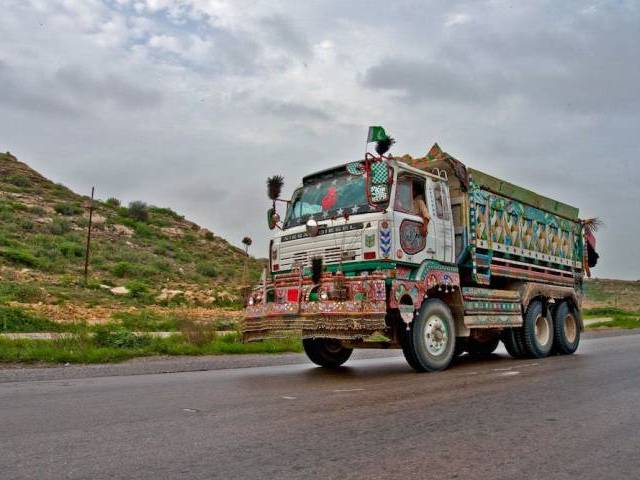
“Due to low quality of goods being supplied by Pakistani companies, people prefer not to buy Pakistan goods. This requires serious attention,” said Afghanistan Ministry of Defense Advisor Wazhma Frogh.
The concern was raised by a Pakistan-Afghan Joint Committee that met with representatives of the Karachi Chamber of Commerce and Industry (KCCI), according to a press release.
She stressed that this issue has to be addressed in order to save the existing trade volume from a further decline.
Pak-Afghan trade halves ‘due to transit trade glitches’
The delegation also expressed deep concerns over delays in clearance of Afghanistan-bound goods.
The committee underscored the need to effectively deal with numerous bottlenecks hindering trade between Pakistan and Afghanistan, which declined to less than $1.5 billion in 2015 and continued to go down in 2016.
The delegation members said that trade must thrive and move on a fast-track basis that can be done when business communities work together and play the role of a strong bridge.
Speaking on the occasion, former KCCI president Siraj Kassam Teli said the chamber was already trying to improve the existing relations between the two countries and will be more than happy to fully support and cooperate with the Joint Committee.
KCCI President Shamim Ahmed Firpo pointed out that during 2015-2016, Pakistan’s exports descended to $1,230 million while its imports stood at $41 million but these figures do not depict the actual trade volume between the two countries.
Afghanistan losing interest in trade links with Pakistan
The quantum of unofficial trade is said to be significant at the border of Afghanistan due to which, according to estimates, every day goods worth millions of dollars are moved in and out of Afghanistan through trucks that go unrecorded, he noted. The Khyber Pass, a part of historical Silk Road between Pakistan and Afghanistan, is reported to have been widely used for parallel trade, which has adversely affected the national exchequers on both sides of the border, Firpo added.
Pak-Afghan border: Unrestricted smuggling hampers economic growth
KCCI president noted that although some measures have been taken to deal with this issue, the situation calls for increasing scrutiny and the installation of modern scanning machines, biometrics and tracking system at Pak-Afghan border.
Referring to Afghan-Pakistan Transit Trade Agreement (APTTA), the KCCI official said that this agreement was largely being misused as the Afghanistan-bound goods arriving at the ports were actually ending up in the Pakistani markets.
1724657897-0/Untitled-design-(2)1724657897-0-405x300.webp)








1731884290-0/image-(9)1731884290-0-270x192.webp)







COMMENTS (2)
Comments are moderated and generally will be posted if they are on-topic and not abusive.
For more information, please see our Comments FAQ